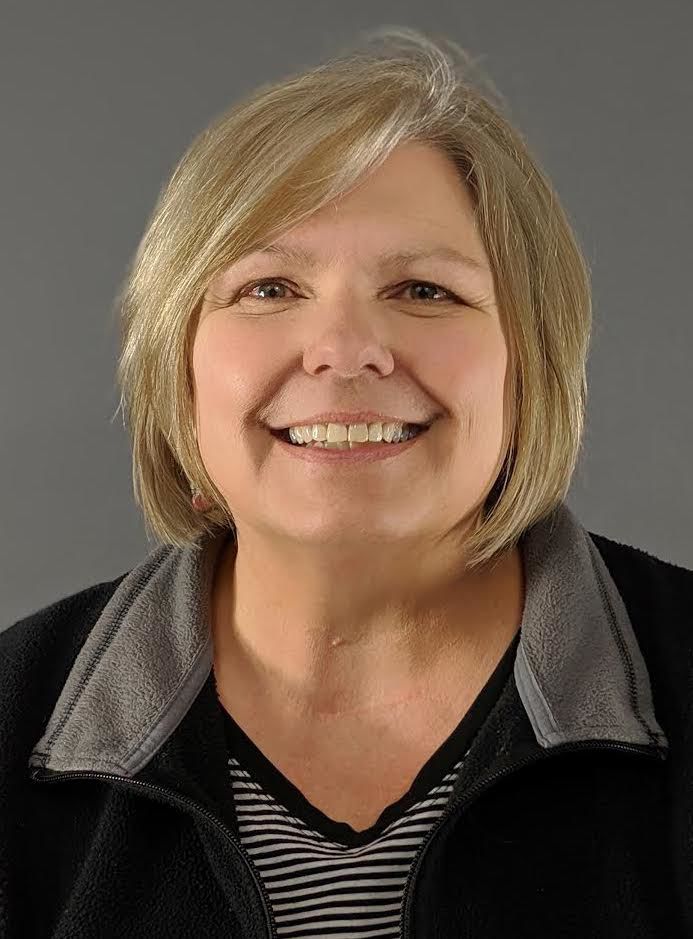Gambling is not child’s play
Published 6:00 am Thursday, February 27, 2020

- DeAnne MansveldUCSCC
In the past year, 65% of adults have participated in some form of gambling.
Gambling carries risk, and for some people it can become such a problem that a person continues to gamble despite personal, social or financial consequences. More than 84,000 Oregon adults are estimated to meet the clinical diagnosis for a gambling disorder.
Gambling disorders affect families, friends and our society. Problem gambling in Oregon results in more than $500 million in social costs to the criminal justice, corrections and human service systems as well as our economic health.
Youth are not unaffected by these problems. Gambling activates the reward system of the brain the same way a drug or alcohol does. Since neural pathways still are forming during the teenage years, this activity can essentially prime the brain for future addiction issues. About one in every 25 teens in Oregon has a gambling problem.
According to the 2017 Oregon Adolescent Gambling Prevalence Study, 40% of Oregon teens gambled in the last year. The most common forms of gambling reported by youth were: internet with no money, sports, charitable games, games of skills, and cards. Entertainment/fun was the No. 1 reason youth reported that they gambled.
Smartphones, tablets and other electronic devices have dramatically increased access to internet gambling. The internet is as close as any public Wi-Fi. Although it is illegal for teens to gamble online, the safeguards are easy to overcome, many are as simple as a check box or the insertion of a birth date. Youth who play free online gambling games are more likely to later gamble.
Oregon teens who gamble have higher rates of problems at school, including physical fights, experiencing sadness for two or more weeks and using alcohol, marijuana and other drugs. This can have devastating effects on youth and their families.
While many concerns exist, there is hope. Problem gambling can be prevented and free treatment is available if problems develop. To help prevent youth gambling, parents should set clear family rules about not gambling before age 21.
Oregon Problem Gambling Resource (OPGR.org) provides tools to help keep gambling safe and prevent problem gambling from developing. The tools help Oregonians reflect on their knowledge about safe and responsible gambling as well as their own behaviors and those of loved ones.
Other resources help people take action to create guidelines for responsible gambling, learn the signs and symptoms of problem gambling and get information about accessing help and intervening with a loved one. Problem gambling treatment is available at no cost and, through action, renewal of one’s life and relationships is possible.
Anyone who has a gambling problem or their family members can access free, confidential treatment in Oregon. In Union County services are available at the Center for Human Development Inc. Call the center at 541-962-8800 or visit www.chdinc.org for more information.
DeAnne Mansveld is the prevention programs coordinator for the Center for Human Development Inc., La Grande, and a member of the Union County Safe Communities Coalition.





